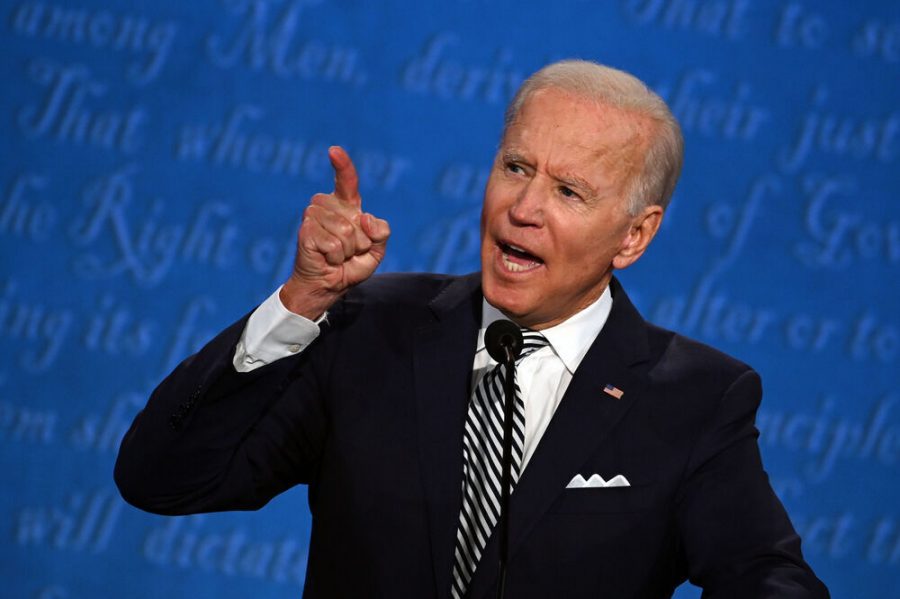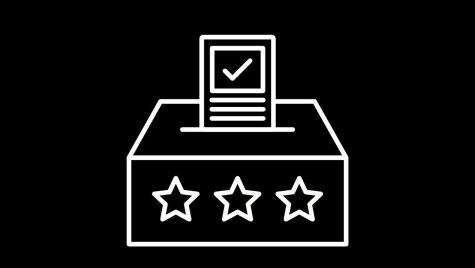Biden plans first major U.S. tax increase in decades
March 18, 2021
(The Center Square) – President Joe Biden is planning the first major federal tax hike in nearly 30 years.
Biden has not released the full tax plan, but sources told Bloomberg the proposed changes would raise taxes, including the corporate tax rate, to help fund an anticipated several trillion dollars in additional federal spending.
The Biden administration reportedly plans to raise the corporate tax rate from 21% to 28%, increase the tax rate on individuals earning more than $400,000, and raise the capital-gains tax rate for those making more than $1 million per year. The increases would likely begin in 2022.
“Anybody making more than $400,000 will see a small to a significant tax increase,” Biden told ABC News in a televised interview Wednesday. “If you make less than $400,000, you won’t see one single penny in additional federal tax.”
Many of the details of the plan remain unknown, but it is estimated to raise anywhere from $1 trillion to $4 trillion in additional tax revenue. The Tax Policy Center analysis of Biden’s tax plan during the campaign found it would raise $2.1 trillion over 10 years. Once the legislation has gone through Congress, though, that number could change.
The Biden administration has a slight Democratic advantage to work with in the U.S. House, but the Senate, which is evenly divided 50-50, will likely become a battleground for any tax-raising legislation.
Republicans, who passed tax cuts during the Trump administration, are expected to fight back against any Biden tax increases. The Biden administration has promised to get deficits under control down the road, but that pledge is unlikely to sway Republicans, who remain skeptical.
The Biden plan could also take fire from progressive Democrats, who want more aggressive taxes on the wealthy, including a wealth tax.
Earlier this month, Sen. Elizabeth Warren, D-Mass., and Sen. Bernie Sanders, I-Vt., along with other Democrats, proposed a 2% annual tax on wealth over $50 million. Under their plan, that tax would rise to 3% on net worth surpassing $1 billion.
Sen. Joe Manchin, D-W.V., considered a moderate Democratic senator and a potential swing vote on contentious legislation, told Axios last week he would support an infrastructure plan as large as $4 trillion as long as it is funded by higher taxes.
Biden’s tax hike would help fund an economic stimulus plan that will likely include major infrastructure development alongside other efforts to repair COVID-19’s effects on the economy. On the campaign trail, Biden pledged a clean energy infrastructure plan costing $2 trillion.
Corporate taxes can help raise funds, but they also have unintended consequences, critics say.
Americans for Tax Reform (ATR) points out that in 2017, energy companies in states around the country lowered their prices for consumers, citing the Trump-backed Tax Cuts and Jobs Act, which lowered taxes and created a single corporate tax rate of 21 percent. The U.S. economy also soared under Trump until government-mandated restrictions meant to slow COVID-19 resulted in massive increases in unemployment filings.
According to ATR, when corporate taxes are raised on energy companies and other corporations, those costs will be passed down to consumers, including small businesses, schools and households.
“When Democrats threaten to raise the corporate tax rate, they are threatening to raise your utility bills – month after month,” Grover Norquist, president of ATR, said.
Biden’s proposed tax hikes would come as a direct rebuttal to the Trump administration, which passed major tax cuts during his administration. Whether the plan can get through a divided Senate, though, remains to be seen.
“(Biden) hasn’t proposed a wealth tax,” White House Press Secretary Jen Psaki told reporters at a briefing this week. “But he has proposed that corporations and wealthy individuals should pay more in order to meet the needs of the economy, the spending we need to do, and over time I expect that we will be putting forth proposals to get deficits under control.”
























